Toothbrushes
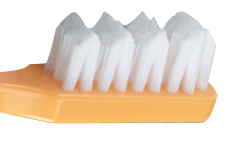 The toothbrush such as we know it today is tied to the discovery of nylon. The truth of the matter is that nylon bristles, depending on how they are shaped, can actually harm teeth by scratching the enamel. Prior to the advent of inexpensive nylon toothbrushes, people used stiff bristles from animal hair or chewing sticks such as the miswak sticks displayed on this site.
The toothbrush such as we know it today is tied to the discovery of nylon. The truth of the matter is that nylon bristles, depending on how they are shaped, can actually harm teeth by scratching the enamel. Prior to the advent of inexpensive nylon toothbrushes, people used stiff bristles from animal hair or chewing sticks such as the miswak sticks displayed on this site.
Several careful considerations should be factored into the selection of a toothbrush. First, one should take into account the size and shape of the mouth. Some brushes will not reach the back teeth in smaller mouths. Using a narrower or children’s brush might solve the challenge. Second, the bristles should be soft and rounded and/or perfectly natural. The next concern should be the curve of the bristles and whether they conform to the shape of the teeth. Lastly, toothbrushes are typically germ incubators so proper cleaning of the brush is essential. Using UVC light, solutions with essential oil, or antimicrobial preparations is important. The sterilizers on this site are quite effective in reducing the rate at which toothbrushes become so infected that they need to be replaced. We are have some toothbrushes that use a proprietary technology to inhibit microbial growth using nano silver.
Showing all 14 results
-
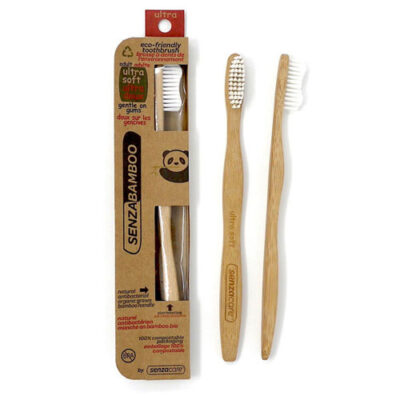
Adult Ultra Soft Eco-friendly Toothbrush
$4.28 -
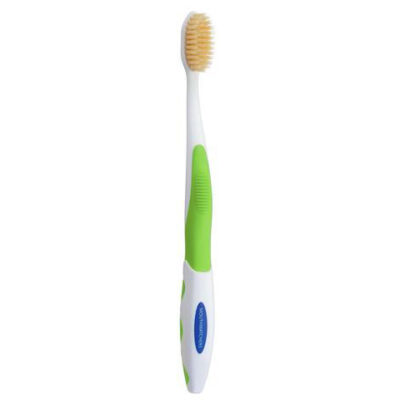
Antimicrobial Toothbrush, soft
$4.99 -
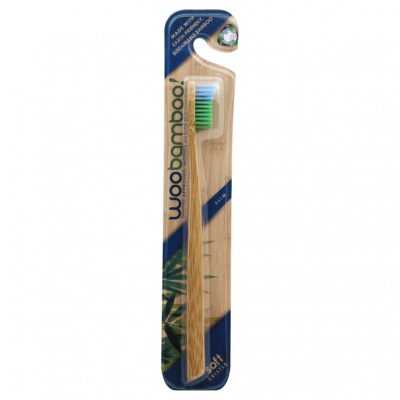
Bamboo Toothbrush
$3.99 -
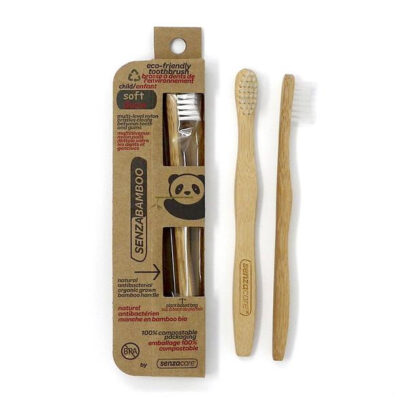
Child Eco-Friendly Bamboo Toothbrushes
$4.25 -
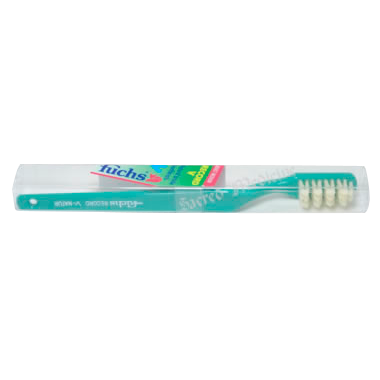
Fuchs Record V Natural Bristle Toothbrush, soft
$3.45 -

Fuchs Travel Toothbrush, soft
$4.60 -
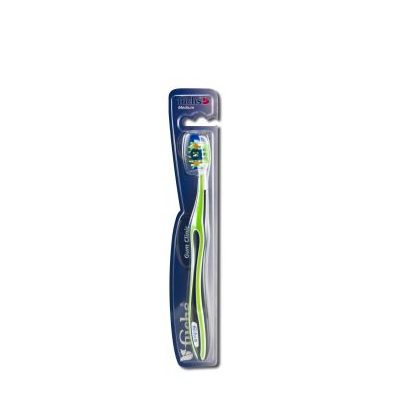
Gum Clinic Toothbrush
$5.50 -
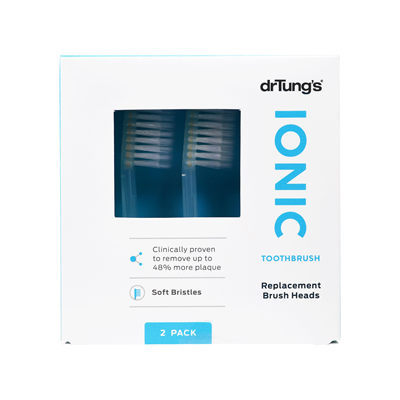
Ionic Replacement Heads
$12.95 -
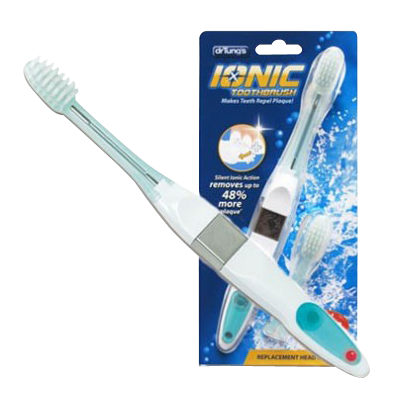
Ionic Toothbrush System
$24.95 -

Kid’s Bamboo Toothbrush
$6.11 -
Sale!
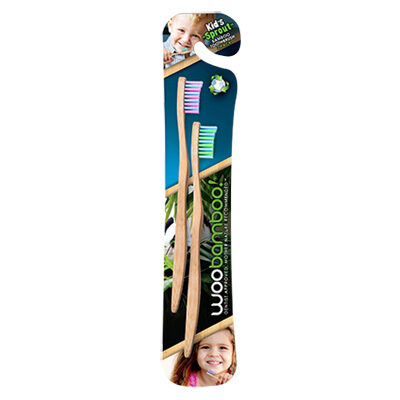
Kid’s Sprout Bamboo Toothbrushes, twin pack
$4.95 -
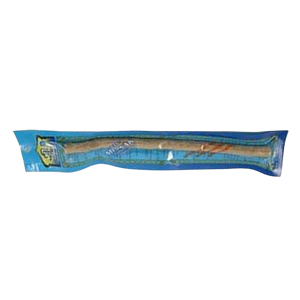
Miswak Stick
$2.00 -
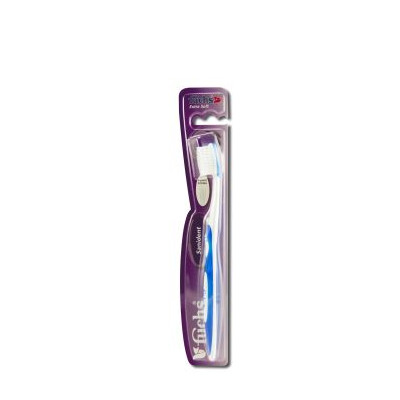
Sanident Toothbrush
$4.95 -
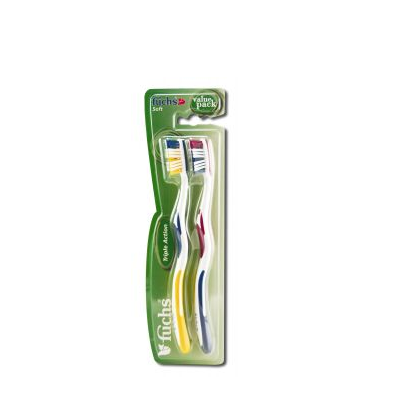
Triple Action Toothbrush, twin pack
$5.50
